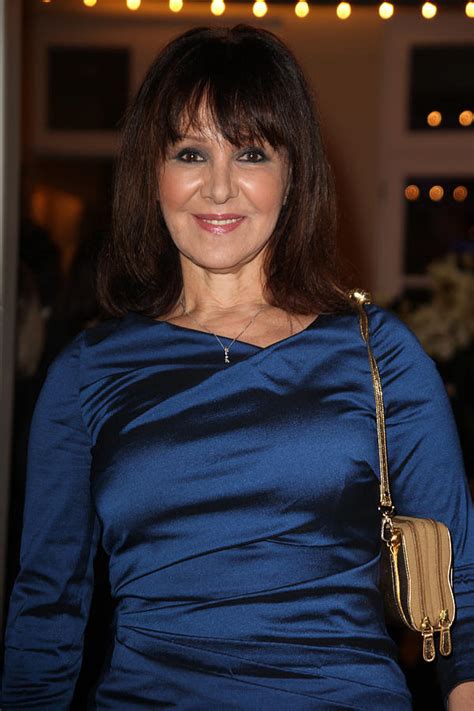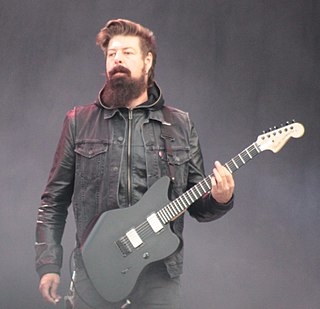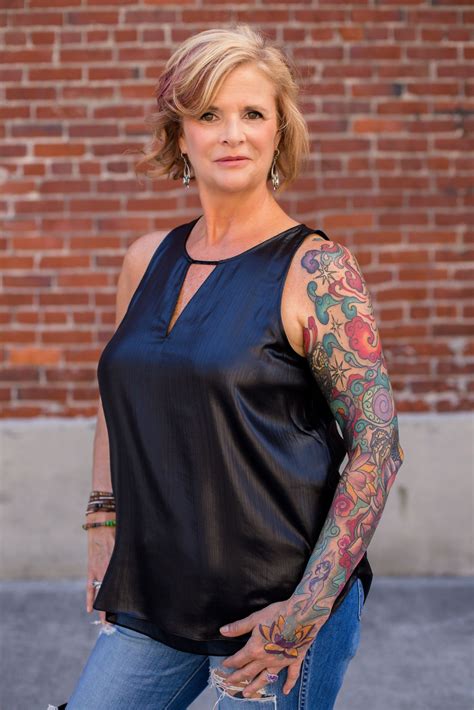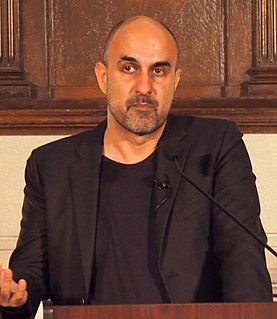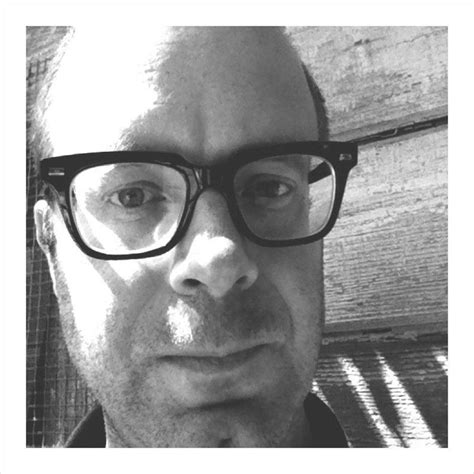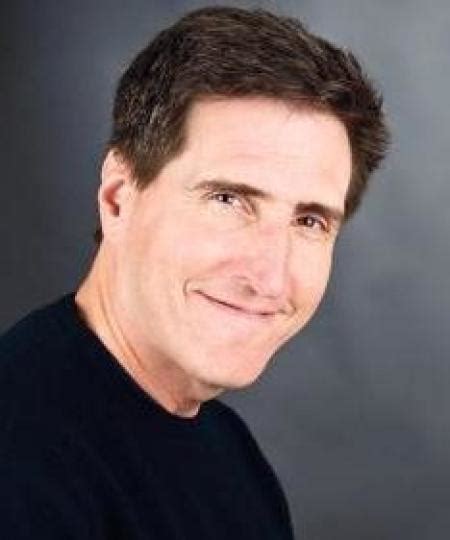A Quote by Sharon Olds
I'm not asking a poem to carry a lot of rocks in its pockets. Just being an ordinary observer and liver and feeler and letting the experience get through you onto the notebook with the pen, through the arm, out of the body, onto the page, without distortion.
Related Quotes
When we think about living donor transplant, what we're banking on is the ability of the liver to regenerate itself. Now, it's not the same sort of regeneration we think about with the starfish where we cut off the arm and it grows a new arm. With the liver, what happens is the remaining liver gets bigger, and your body knows the size of the liver that it needs, and when it recognizes that there is not enough liver, it sends nutrients and signals to the liver and says "get bigger."
It’s not the body that people love, but the soul. The body is a temporary vehicle. Without the soul, the body is like a car without a driver. I see through my eyes, smell through my nose, taste through my tongue, hear through my ears, feel through my skin, think through my brain, and love through my heart. But who am I? Who is the witness, enjoyer and sufferer that activates my body?
I feel like the older I get, the truer it feels that I'm only going have an investment in a poem if it allows or forces me to bring something that's supremely me onto the page. I used to think that the speaker of a poem was talking to someone else, to some ideal reader or listener, but now I think that speakers - poets - are talking to themselves. The poem allows you to pose questions that you have you ask of yourself knowing that they are unanswerable.
Your dad would stake me out to freeze if I let you fall and hurt yourself." He offered me his arm, which I latched onto gratefully. "He wouldn't stake you out," I panted as we forced our way through the hard top layer of snow that was almost thigh deep. "He'd just shoot you." "Well that's a comfort.
I work sometimes from outlines, which are immediately abandoned. Sometimes, when I'm trying to find the characters, I'll sketch things out a bit. Sometimes, outlines help me aim a little bit, but I tend to find it's usually much more interesting, especially with the first draft, to spew it onto the page. I used to get very nervous that, if I write this first rough draft and I die that night, whoever finds it might think that I thought it was good. For me, it's much more important to get some general shape onto the page and later take all the time I need to refine it, fix it, and rewrite it.
My best times are midnight to six actually. I'll leaf through my notebooks and if something catches my eye and I feel like I want to transfer it from the notebook to the page, I do, and then comes this very strange process which is difficult to describe in that I'll write until I get stuck or I can't go any further or I'm boring myself or whatever and then I might go to another poem.



